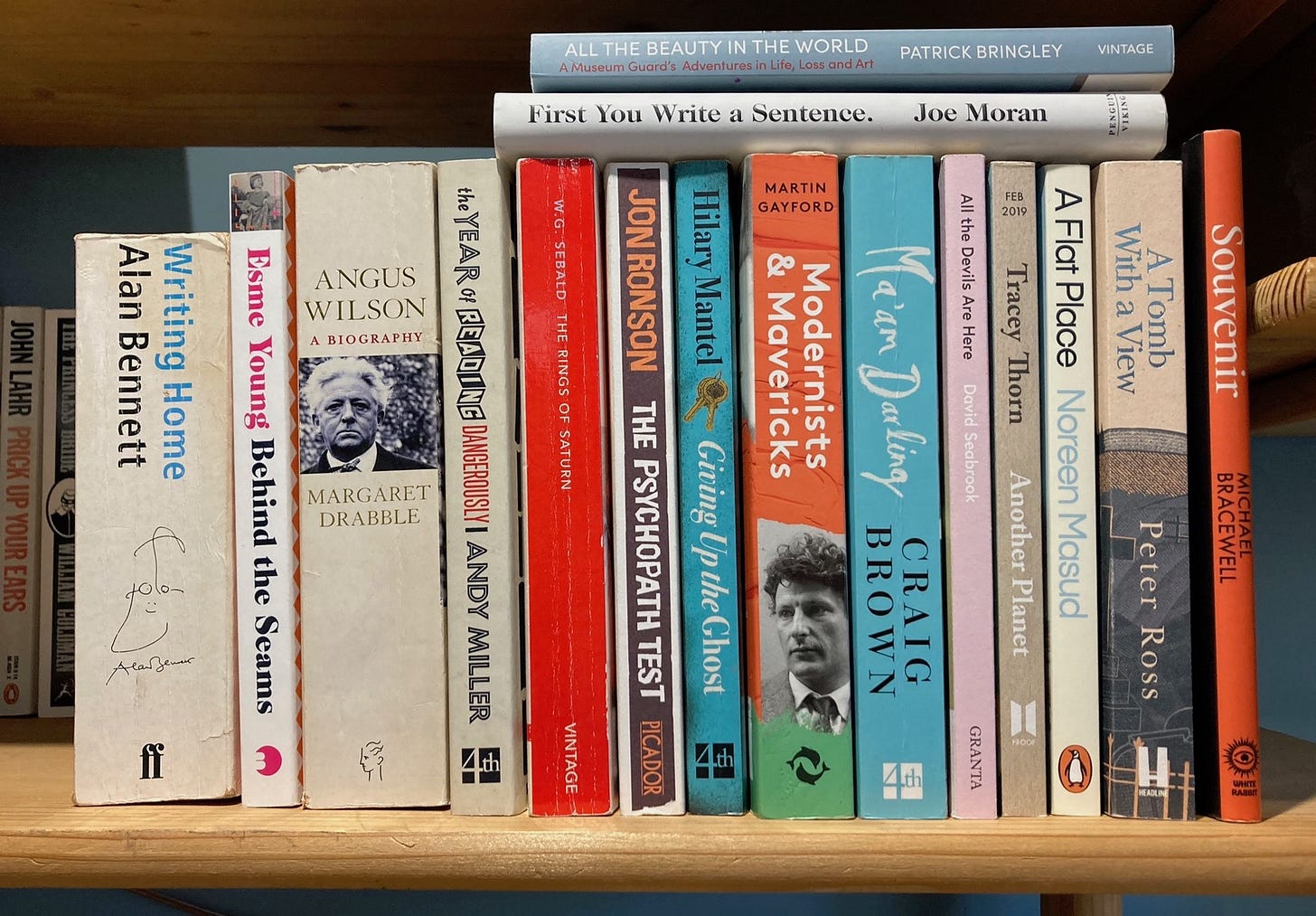Couch to 100k #1
Tips for geeks, I mean non-fiction writers – the first in a series
Don’t worry, I’m not turning this Substack over to some Live Laugh Love bullshit, or pretending to be the Joe Wicks of the non-fiction tables (actually, isn’t he already the Joe Wicks of non-fiction tables, and infinitely more successful than I’ll ever be? Shut up inner writing voice, that isn’t helping). But as this is the first of the non-fiction writing tips I’ll be sharing, it’s getting its own entry: subsequent parts will crop up at the end of my ‘normal’ posts (you know, the usual nonsense about Thunderbirds modernism or geese), so look out for them there.
This is a chance for me to share some thoughts from 20-odd years in publishing and from having written a number of narrative non-fiction books myself. I thought I’d do this partly because I enjoy it, and partly because I don’t like the gatekeeping around publishing that makes it feel exclusive or impossible. I’d like to demystify some of the process for the kind of creative people who have great ideas but maybe lack the confidence and guidance to do something with them, especially those who feel like they aren’t the kind of people who write books. As if that should be a thing. Also, the writing tips people usually give are to do with fiction, and those kids already have enough help out there. Probably too much, really. I’m talking to the geeks.
Hello geeks. Let’s write a book.
Tips for non-fiction writers #1
So you love writing. And you have an idea for a non-fiction book. But as a first timer, how to approach it? It can be daunting, or feel absurd. How can little old me do a book? Well, stop that. The good thing is, it absolutely felt like that to me, and I’ve written five of the buggers now, so if I can do it chances are you can too. One thing I do know is it’ll likely be nothing at all like you imagined: both the process of doing it, and the end product. But that’s part of the excitement of writing. If we knew all of the answers at the beginning there would be no need to write it all out. But then, as someone who starts out knowing very little about the subjects he writes about at the beginning of the process, I would say that, wouldn’t I?
My main piece of advice, is, of course, writing advice is generally useless – smug, annoying and misguided. Fuck those Facebook platitudes, it’s not a competitive activity, there are no rights and wrongs about where to write or how many words or what will or won’t work. We all write for different reasons, in different circumstances, with different experience to bring to bear on whatever it is. If the first exercise I set on Couch to 100k (I know, catchy, eh?) was to give everyone the same topic to write about, you’d all do it differently. Because we are all annoying like that. Welcome to writing a book.
Keep reading with a 7-day free trial
Subscribe to Grindrodia to keep reading this post and get 7 days of free access to the full post archives.




